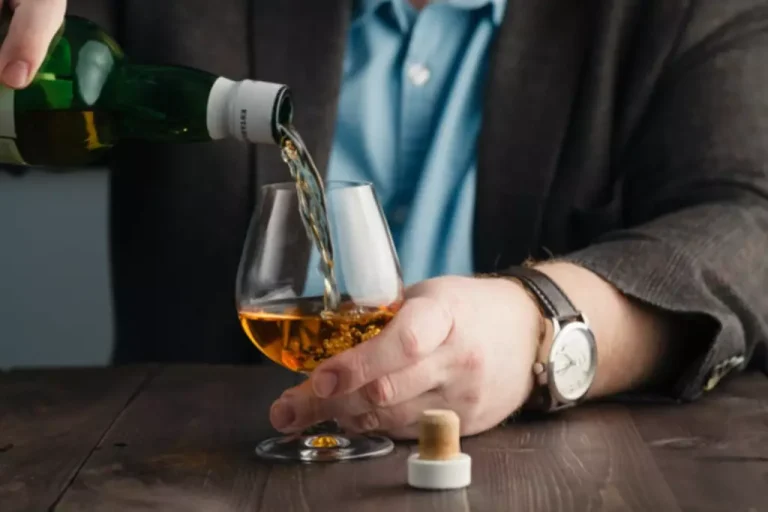
The early days of recovery from substance abuse can be especially challenging. During this early phase, it pays to have some techniques for staying sober up your sleeve. Whether you’re fresh out of rehab or just preparing yourself for detox, we hope these 10 tips for staying sober help streamline your journey. Your healing journey deserves a personalized approach. At NuView, we integrate expertise in behavioral therapy, mental health, and substance use treatment to create a customized recovery plan tailored to your unique needs. Getting back in touch with family and friends, and planning activities with them is a good start.
- But the following tips may help you on your journey to recovery.
- Proper nutrition and regular exercise improve our moods and make us feel better overall.
- Getting sober may have been difficult, but staying sober can be just as much of a challenge.
Engage in Creative Activities
Being around alcohol when trying to abstain from drinking will only make your road to recovery harder. Until you’re at a better place in your recovery, avoid going to events where you know drinking will be a big part of them. It’s essential to take care of yourself, live a healthy lifestyle, and cut out alcohol if you have a problem. People die from excessive alcohol consumption every day. Tattoos that directly depict drugs or alcohol should generally be avoided as they can trigger past feelings. Being sober empowers you to take control of your relationships, physical and mental health, and ambitions.
Engage in Activities You Love
Keep your goals realistic and achievable, focusing on the progress you’re making rather than aiming for perfection. Embracing sobriety can lead to a renewed sense of purpose, improved relationships, and a deeper connection to one’s authentic self. Staying sober is a journey, and like any journey, it requires determination, commitment, and the right resources. If you’re one of the millions of people who have decided to take this path, you’re not alone. The information provided in this blog post is for educational and informational purposes only.
Develop an Easy Exercise Routine
- Understanding what to expect during these early stages can help you prepare and stay committed to your goals.
- Lean on close friends and family for support, even if your relationships aren’t what they used to be.
- By Buddy TBuddy T is a writer and founding member of the Online Al-Anon Outreach Committee with decades of experience writing about alcoholism.
- Whether you beat addiction to alcohol, cannabis, or other drugs, your recovery journey is unique.
- It’s continual treatment to help you get better, continue checking in and isolate why you turned to alcohol in the first place and how to avoid triggers going forward.
- Just be sure that your rewards don’t involve drugs or alcohol.
You can try to avoid the conversation, but it’s good to have a response ready in case that’s not possible. If the question comes from someone you know well, you may want to say that drugs or alcohol became a problem Alcoholics Anonymous for you, so you’re staying away from them. If you don’t know the person well, simply saying you have to get up early the next morning or you quit for health reasons should be enough. Discuss your sober curiosity with friends and loved ones, as creating a community of others on the same journey can help you to succeed. “I think more people than you may have thought are actually considering this and thinking about it,” says Hobelmann.
Doing what you used to do is going to trigger a desire to use. Educate yourself about your finances and start creating a stronger and more stable foundation for your future without the uncontrolled expense of addiction to meet. Therefore detoxing and recovering presents you with the perfect launchpad from which to make worthwhile lifestyle changes.
Create a Structured Daily Routine

Many 12-step programs suggest that sobriety means total abstinence, which means never using the substance again. Other definitions, however, focus on the process of recovery and coping habits that support health and wellness over the long term. If you find it difficult to make new, sober friends, try joining a support group. To successfully form new habits, individuals should start by setting specific and achievable goals. By consistently practicing these new habits, individuals can gradually replace old patterns of behavior with healthier alternatives. Your loved ones can play an integral role in your road to recovery.

Or we might have an urge to drink when we’re upset or angry. Learning to navigate life without drinking can be a time-consuming process, full of triumphs and setbacks. What’s one small step you can take today to strengthen your sobriety?

Developing Trigger Response Plans

This personalized approach can be particularly valuable in addiction treatment. Holistic therapies like yoga and meditation can help improve physical fitness and regulate stress hormones like adrenaline and cortisol. This reduction in stress levels can decrease the likelihood of self-medication. tips to stay sober 2004 research suggests acupuncture may increase endorphin production. Endorphins are natural pain-relieving chemicals in the brain.
In these programs, it’s customary to receive plastic chips as you progress to the one-year mark, at which time you receive a bronze coin. Most people who make their way into recovery have left a lot of pain and suffering in their wake. Feeling guilty or ashamed of past behavior or actions during active addiction is natural and healthy. Once you do return to work, it’s important to create a budget and take steps to safeguard yourself as work stress can be a relapse trigger. Having a chaotic or disorganized lifestyle can also hinder your recovery.
Phone, Video, or Live-Chat Support
If a funeral is too difficult for you to attend right now, feel confident to say you can’t attend. If a wedding is happening, but you’re worried about being surrounded by alcohol, then politely decline to attend. For many people with a substance use disorder, it’s simply a matter of never having learned the appropriate way to manage anger. Writing down how drinking less positively impacts your life can help you stay motivated on your sober curious journey. Grab a notepad and jot down the benefits of what you’re feeling after cutting back. If you notice more energy, that you’re sleeping better, have fewer hangovers or see that your complexion has improved, for instance, write that down.

 logowanie W Oficjalnej Stronie Kasyna
logowanie W Oficjalnej Stronie Kasyna